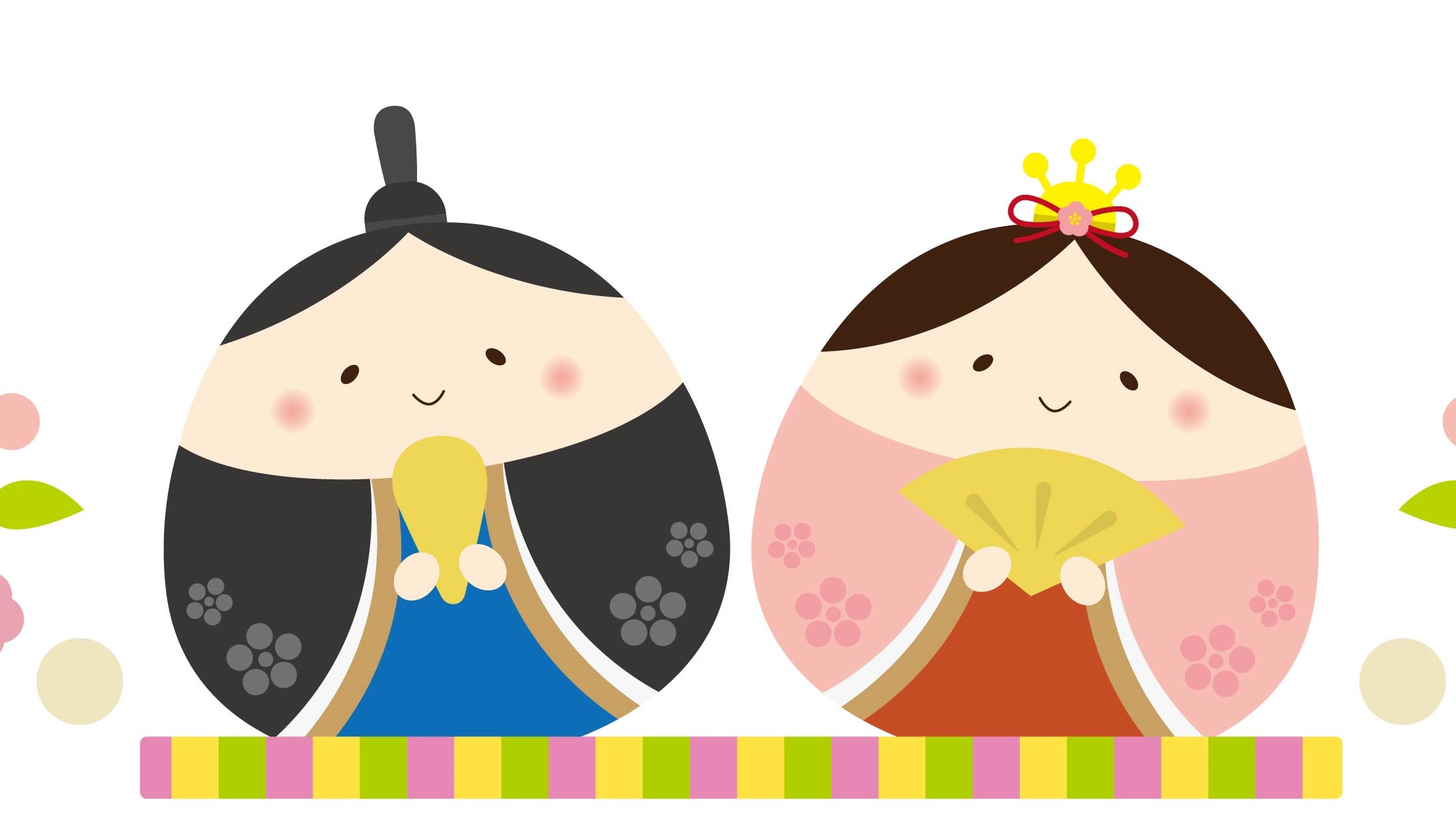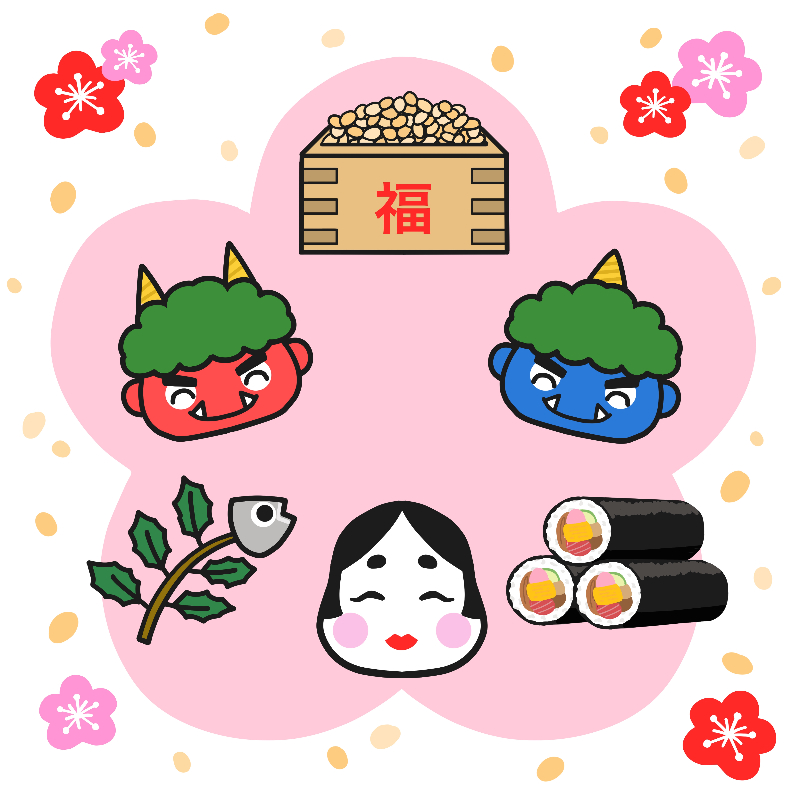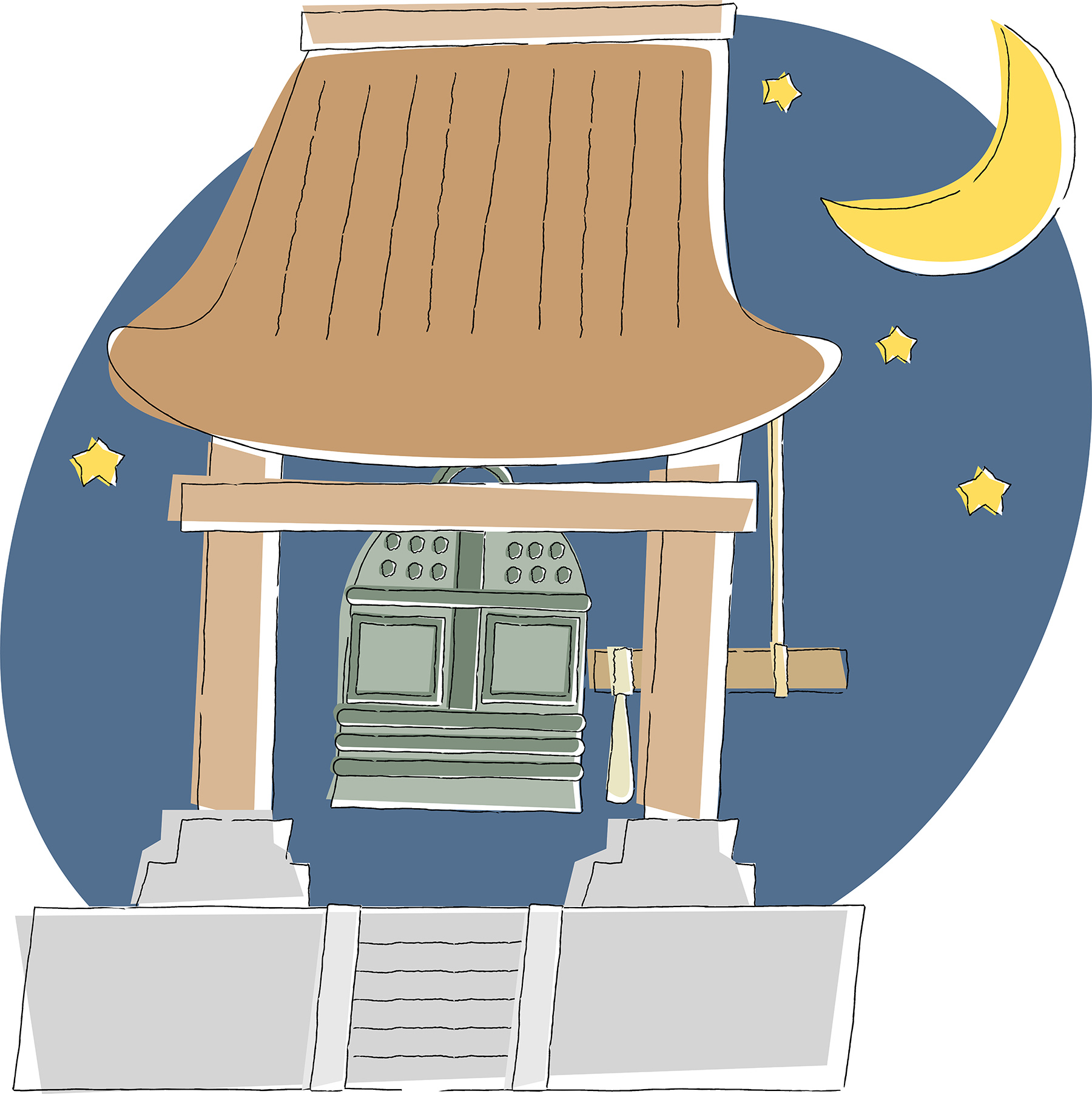
Card Game Ideas
 Students play the following games with picture/word cards: Vocabulary learning, Grab, Card Matching, Concentration, Guess the word, Definitions, Soccer, On the Buses, Human Board Game, What’s Missing, Reading activities, Phrase/sentence building, Scattergories, Mime Game, Daily Activities, 3 Hint Game
Students play the following games with picture/word cards: Vocabulary learning, Grab, Card Matching, Concentration, Guess the word, Definitions, Soccer, On the Buses, Human Board Game, What’s Missing, Reading activities, Phrase/sentence building, Scattergories, Mime Game, Daily Activities, 3 Hint Game
Flash cards for Kanji, verbs, adjectives and nouns can be downloaded from here:
a. Cards With Picture & Word Back To Back
Vocabulary learning cards ごいおぼえカード
Students are given sets of cards to keep for memorising vocabulary as new words are introduced. They can punch a hole in one corner of the cards, keep them together on a ring and use them to test themselves. They can keep them separate and use them to test a classmate by showing the picture side to each other.
b. Cards with Separate Picture & Word
Grab かるた
A set of picture cards is placed face up on the table. The caller holds the call cards (corresponding word cards) so no-one can see them. The caller calls out the word and the group competes to see who can grab the correct card first. After a card is won, the caller continues with the next word. When all the cards have been taken, the one with the most cards is the winner.
Card Matching カードあわせ
Groups of students are given a set of cards containing both pictures and words and when the teacher says, 「よーい、はじめ!」 students quickly match the pictures to the appropriate words. The group to finish first wins.
Concentration しんけいすいじゃく
Groups of students shuffle a set of cards containing pictures and words, and lay them face down separately in rows. They then take turns to turn two cards over to see if they match up. The student who turns over a matched pair takes the two cards and has another turn. The winner is the student who collects the most cards when all cards have been matched.
Guess the Word ことばあてゲーム
This game is best played with noun word cards.
Teacher and students use the cards to play a form of ’20 Questions’. The teacher or a student takes a card and doesn’t show it. The others have to ask Yes/No questions to try to guess what the word is. If after 10 questions (20 might be too easy!) the word has not been guessed, the student with the card gets a point.
Definitions (Senior level) ことばあてゲーム
This is a good game for practising relative clauses, also using noun cards.
Groups of students are given a set of cards, either picture or word. They shuffle the cards and put the pile face down. They then take turns to pick up a card and to give a definition of the word on the card. The other group members have to guess the word from the definition. The sets can be made up of a particular topic, eg. school subjects to make it easier.
Soccer サッカーゲーム
There are two teams, the standing team and the seated team, and their aim is to get to their goal. Starting from the center line the teacher flashes a card, and the two contestants, one seated one standing, compete to say the word. The teacher moves towards the goal depending on which of the two contestants says the word list.
On the Buses バスゲーム
Students form two or more teams and sit in rows as if on a bus. (They can also stand in rows.) The first student from each row takes turns to compete. The teacher shows a card and the first student to get up and answer scores. The teams move forward, with the first student going to the back and the next student moving up.
Human Board Game フラッシュカードすごろく
Place flashcards on the floor next to one another. Students throw the dice and move accordingly to the appropriate card, saying the word. Alternatively they can make a phrase or sentence with the word.
What’s missing? なにがない?
A series of flashcards is shown to the students or placed on the blackboard ledge. Students in turn are asked to close their eyes or are blindfolded while the teacher takes one or two away. Students must identify the missing cards.
Reading Activities
Roomaji can be whited out and the word cards can be used for the students to practice reading.
Phrase/Sentence Building Activities
Students pick up a card, either word or picture cards, from the pile and make a phrase or sentence using the word.
Scattergories
This activity can be used for reinforcing vocabulary in general.
Using adjectives: Students pick up an adjective card eg. あかい、おもしろい、and then have one minute to think of things that are red, or interesting. They can write these things in a list, or say them out loud.
Using verbs: Students pick up a verb card eg. いきます、たべます and then have one minute to think of places you can go, or things you can eat. Again they can make lists or say them out loud.
Mime Game
This activity lends itself particularly well to verbs, but with imagination it can be applied to adjectives. One student takes a card and performs a mime of the word, and the others guess the meaning.
Daily Activities
This activity is for reinforcing verbs.
Students are given a set of verb cards and asked to put the cards in the order in which they do things, eg. 「おきます- たべます- よみます- ねます….」
As an extension, students are given a set of verb cards together with a large picture of a clock. They put the verb cards next to the appropriate time and make sentences saying when they do things, eg.「しちじにおきます。」






